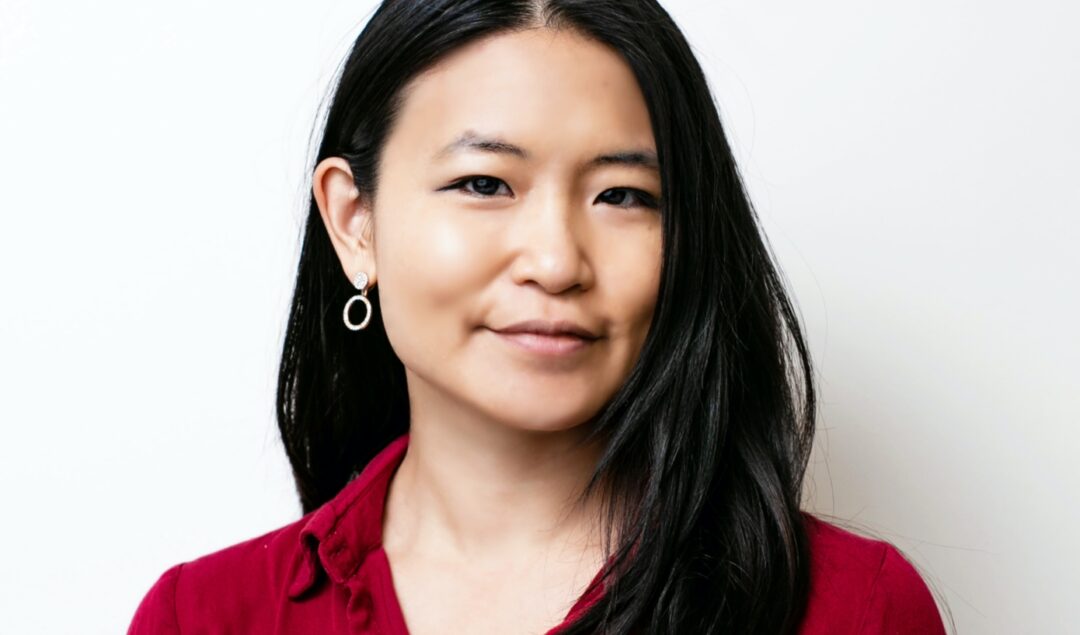Non-Disclosure Agreements, Alleged Sexist Culture, And Threats: Ann Lai, Who Worked In VC, Filed a Lawsuit So She Could Tell This Story

Ann Lai’s portfolio of work and achievements is impressive. She got a scholarship to attend an elite private school, and then she found out the school didn’t have resources for serious scientific research.
But that didn’t stop her.
Through her science adviser, she met a chemical and biomolecular engineering professor at Case Western Reserve University and wound up conducting research on sulfur dioxide sensors in his lab, winning prestigious science prizes
She was also a violinist, playing in the Cleveland Institute of Music’s preparatory orchestra, and made mixed-media art installations for class projects at school, reported Elle magazine.
But life wasn’t all that easy for her growing up – Lai and her family had moved to the Cleveland area from Taiwan when she was a child.
Her father, a professor at National Taiwan University, stayed behind, commuting to Cleveland during school breaks while her mother taught Chinese language and math at a community college.
But her father’s salary translated into dollars, however, wasn’t very high which meant she and her family would sometimes have to split a single Arby’s meal to save money.
Her upbringing and the hard work of her parents pushed her to work harder and become the best version of herself.
Getting into VC and the bro culture that followed suit
Lai is a petite 5’2 with waist-length black hair Asian woman – so she isn’t the typical picture you imagine when you think of the VC sector as the investment and tech field is usually very male and more often than not very white.
It was after completing her PhD in 2009 and after working several roles in data analytics and growth that she joined Binary Capital, a San Francisco Bay Area venture capital firm focused on next-hot-thing consumer companies like Snapchat.
Lai started her job as Binary’s research director in January 2015. She had joined the company, according to Elle, in the hope of developing a thesis around bringing in more diverse startups from both a founder and geographic perspective.
But over time she realized her mission wouldn’t be as easy as she thought it would be because of the alleged culture at Binary.
Before we continue it’s worth noting that the firm has since closed its doors.
Lai is said to have bristled at “how the firm’s partners treated and spoke about women, as she later claimed in a lawsuit against Binary and its two founding partners (the suit was ultimately settled, with all defendants denying liability),” Elle reported.
After a year and a half at the firm – she quite Binary in 2016 telling the partners why. “I was like, ‘I can’t be in a place that makes money for guys like this.”
“Is that your narrative?” one of Binary’s two founding partners asked when she told him she was quitting, according to Lai’s lawsuit, which was filed about a year after she resigned, according to Elle.
“If you want to leave Binary, I’ll make it happen and make sure you have no narrative,” he allegedly responded.
What he meant is that when she’d joined Binary, she’d signed an employment agreement that included a non-disparagement clause that meant she couldn’t say why she quit.
She couldn’t even say that she quit and I guess most importantly, she wouldn’t be able to speak about Binary and the venture capital industry that had apparently quietly overlooked the behavior that had prompted her to leave.
What actually happened?
Lai claims that several incidents took place. She told Elle that there was the search for a receptionist, during which Caldbeck and Teo looked up social media profiles to determine the “relative ‘hotness’ ” of applicants, according to Lai’s complaint.
She says there was also the retreat where Caldbeck and Teo talked about designing an Uber-esque app to match people with sex workers, per the complaint, and the women founders pitching for investments whom the duo labeled as “cute” or too pretty—or who they said should lose weight rather than focus on the plus-size market.
Binary, Caldbeck, and Teo denied the allegations in court filings, according to Elle, and in Binary’s response, the company said Lai presented “an array of falsehoods and fabrications” in her complaint.
She formally resigned, citing, in an email to the partners, the “hostile work environment where I do not feel comfortable in continuing to work,” her complaint said.
Binary, in court papers seen by Elle said she “inadequately performed” her duties and Binary “was prepared to terminate her,” despite her claim “that she resigned as a result of alleged sexism.”
In her suit, Lai alleged that an hour and a half after she resigned, Caldbeck texted her, warning her not to do “external messaging”—that is, discuss her departure—until “legal feedback is consolidated,” he wrote, according to court documents.
She soon heard from Caldbeck again, this time using Confide, a disappearing-texts app. “Stay the fuck away from our team Ann…. I’m not going to warn you again.… It’s a small world Ann,” he wrote, naming a partner from a VC firm that Lai had scheduled a meeting with. “Stop.”
After leaving she tried to get a new job in the startup space but this proved difficult.
Because of the Binary situation, “it might get complicated,” one said. Another wrote, “Given the series of events there is some hesitation to have you move forward with this.”



